- Family of minors raped by abbot in Kyaukphyu demand justice
- Salt farming declines in Arakan State as costs rise and markets falter
- Thousands flee junta raids in Mindon as villages are torched
- Children in Arakan State urgently need psychosocial support and safe spaces
- Regime uses paramotors and gyrocopters to target civilians, Fortify Rights says
Few local charities operating in Arakan State due to junta threats and restrictions
Humanitarian operations in Arakan State have been largely shackled by the Myanmar military regime, which has targeted charities and social activists helping local communities and internally displaced people (IDPs).
06 Jan 2023
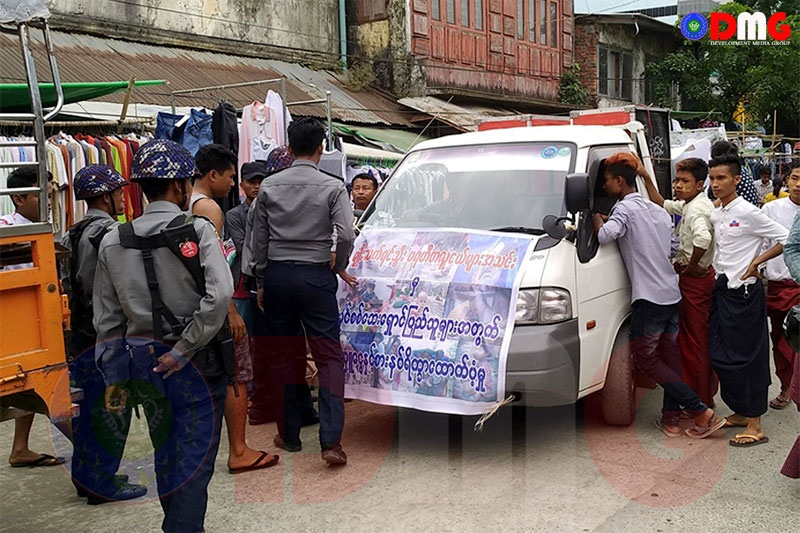
DMG Newsroom
6 January 2023, Sittwe
Humanitarian operations in Arakan State have been largely shackled by the Myanmar military regime, which has targeted charities and social activists helping local communities and internally displaced people (IDPs).
The regime has detained and prosecuted charity workers, has also kept them under surveillance on suspicion, and has warned social organisations that solicit donations for IDPs.
“There is no guarantee for the safety of charity workers. It is not safe for them to transport humanitarian supplies. When charity workers carry food supplies for IDPs, they [regime authorities] arrest them on suspicion of supplying food to the AA,” said a charity worker from Myebon Township.
The Buddhist monk Ashin Thabawa Nadi, who is helping IDPs, said charities are less active now as they do not feel safe mentally or physically.
“I think the regime is waging psychological warfare. The military is deliberately inflicting emotional trauma and pressures on civil society organisations by one way or another,” said the monk. “The military either targets them or their family members.”
Amid rising military tensions and then outright armed conflict between the Myanmar military and the AA last year, the regime detained and prosecuted both social activists and charity workers.
The regime has opened cases against Ko Ann Thargyi, chairman of Thingaha Kanlet Rakhita Association from Minbya under Section 505(a) of Penal Code, as well as the chairman and treasurer of the Garuna Network from Maungdaw under the Unlawful Associations Act.
The regime has also filed a complaint against social activist Ko Zaw Win from Kyauktaw under Section 505(a) of Penal Code, an incitement provision used commonly against opponents of the junta. One social activist and former chairman of the Taungup Township municipality, Ko Zeya Kyaw, was detained for more than one month before his release.
The arrests and lawsuits have discouraged activism from charities and other civil society organisations, as well as individual activists, said former political prisoner U Khaing Kaung San.
“The regime has kept an eye on civil society organisations since the coup. It has detained charity workers and social activists, alleging that they have ties to unlawful associations, and breached the Counter-Terrorism Law. Charity workers and social activists have concerns, so they dare not engage in social work publicly,” said U Khaing Kaung San.
Meanwhile, the Organization Registration Law promulgated by the regime last year also created barriers for charities and civil society organisations. The law carries three years’ imprisonment and/or a fine of 1 million kyats for forming and operating associations without a citizenship ID.
Article 38 of the law prohibits organisations from supporting or otherwise having direct or indirect links to groups and individuals that the regime has labelled terrorists or are actively opposing the regime, as well as unlawful associations and their members.
“Previously, we could go out of town freely to donate food and clothes to IDPs,” said one young man from Sittwe. “But we can’t now. They [the regime] would carry out checks once we get out of the town. In the past, we would often make donations to IDPs with cash collected from friends. But we have stopped doing so due to such checks. We can be arrested for any reason.”
The Organization Registration Law is aimed at cutting off material support for the Myanmar military regime’s opponents, critics of the legislation say.
Amid rising military tensions, the regime imposed travel restrictions on local and international NGOs on July 18, initially preventing them from travelling to Maungdaw, Buthidaung, Rathedaung, Minbya, Mrauk-U and Myebon townships. It also prohibited their travelling to Kyauktaw and Pauktaw townships in November, and despite its informal ceasefire with the AA reached on November 26, the regime still bars aid agencies from operating in those townships.




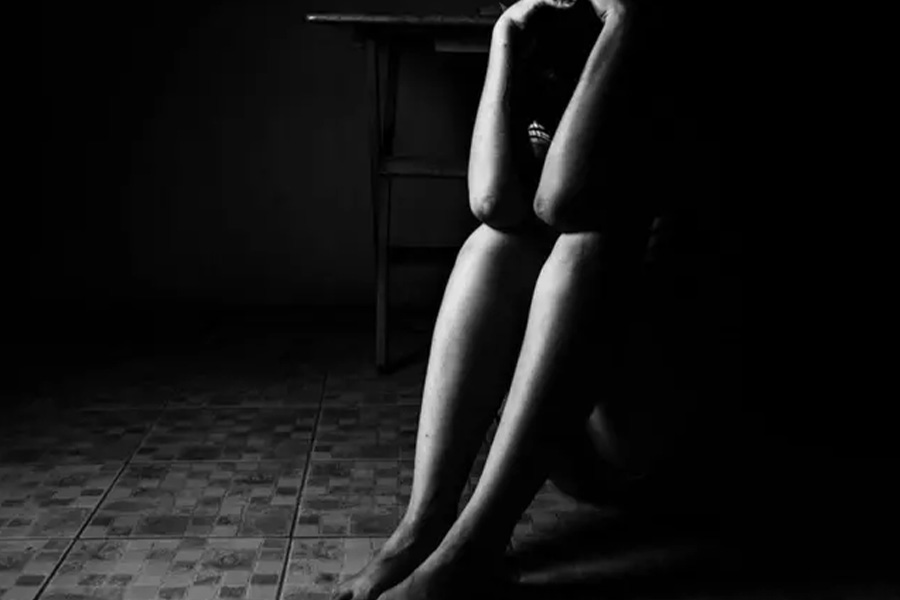
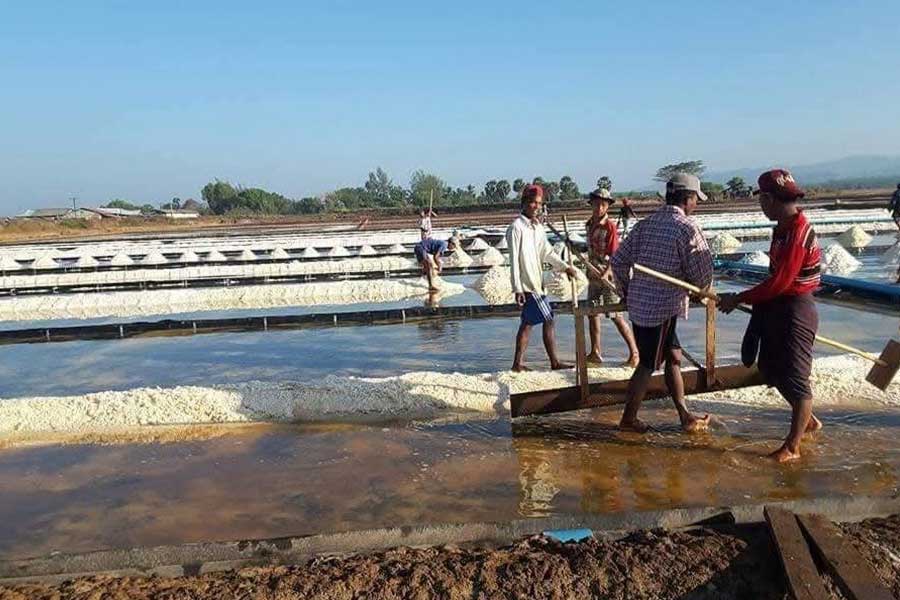
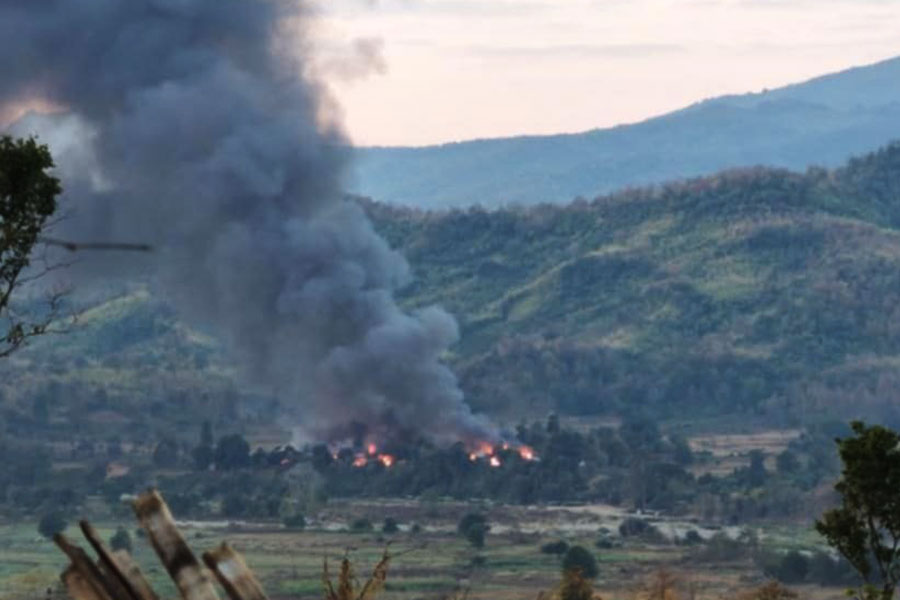
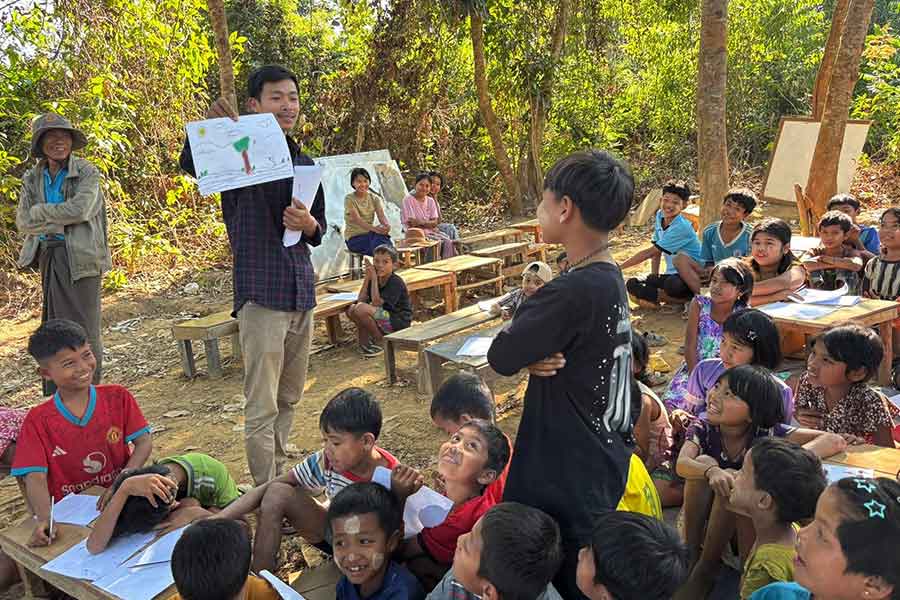
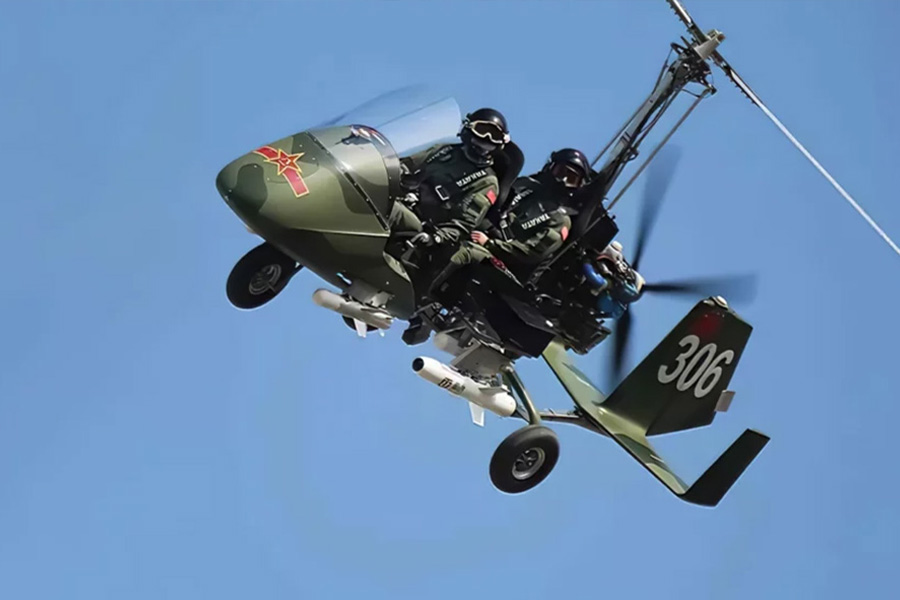






.jpg)

